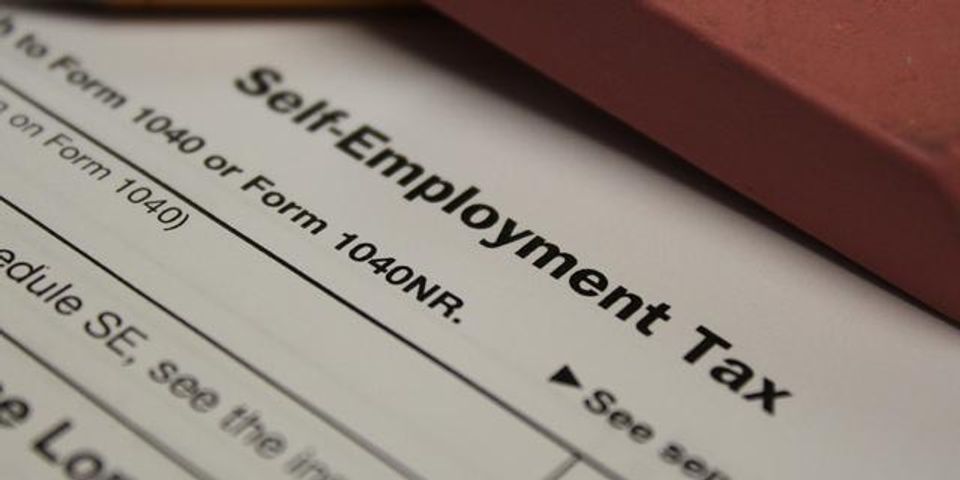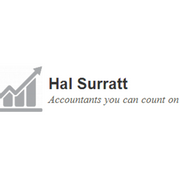North Point’s Trusted CPA Explains What You Need to Know About Self-Employment Tax

Owning your own business offers many benefits, but it also brings considerable responsibilities that other employers don't have to consider. One such detail is paying self-employment taxes. This tax, usually paid by small business owners, independent contractors, and members of partnerships, represents the Social Security and Medicare taxes that are typically withheld by employers. The accounting experts at Hal Surratt CPA in High Point, NC offer some helpful information on self-employment taxes and how it impacts your business.

One important fact to remember is that the term “self-employment tax” only refers to Social Security and Medicare taxes, which are calculated according to a different scale than other taxes. Fees such as income or capital gains taxes are separate, so avoid confusing your income tax liability with your self-employment taxes. Hal Surratt CPA recommends consulting a tax accounting professional to calculate your expected liability so you can make quarterly payments, reducing the financial impact of an unexpected tax bill in the spring.
If you made a net profit from your business activities, you'll probably be liable for paying self-employment taxes. For 2015, the first $118,500 of your income is subject to a 15.3% tax (12.4% for Social Security and 2.9% for Medicare).
Calculating your own taxes can be confusing and overwhelming, especially for independent contractors and business owners who may qualify for additional deductions and credits. Hal Surratt CPA has the experience and in-depth knowledge of the tax code to ensure that your returns are filed on time and accurately. Visit their website to learn more about their range of services, or call (336) 861-4024 to schedule an appointment today.
About the Business
(2 reviews)
Have a question? Ask the experts!
Send your question

